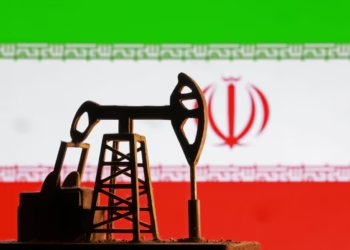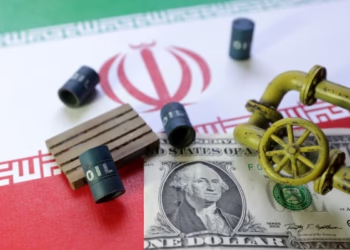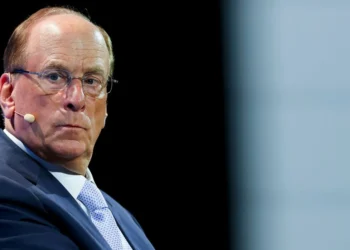BERLIN (Realist English). The future of Europe’s “green policy” is in question, because in the current crisis it turned out that dependence on traditional energy sources has remained. The German political scientist and historian Alexander Rahr writes about this in his telegram channel.
“Without Russian gas, Europe is threatened by an energy crisis. Europe is looking for a replacement for the Russian gas and oil from alternative suppliers, relying on pro-American countries in Latin America, Africa or the Persian Gulf, or on the countries of the Caspian Sea, which, however, are in allied relations with Moscow. Europe has also decided to sharply save gas, starting next week. Germany has overstepped its own “holy” principles and extended the operation of nuclear and coal—fired power plants, which were supposed to be closed forever.” Rahr reminded.
According to him, the German expert community believes that Moscow is “deliberately breaking ties with Europe, explaining this by the West’s constant disregard of Russian interests, Western sanctions and arms supplies to Ukraine.”
“But at the same time, expensive and reliable infrastructure projects are falling apart and trust in business, which has been built up for decades, is lost forever. Of course, one can also blame the German leadership for the severance of ties, but Russia is losing critical technologies from Germany, which is very sensitive for its economy, and in addition, the interdependence in the economy is being lost, which in past times served to establish relations no worse than traditional diplomacy.” Rahr warned.
At the same time, German Chancellor Olaf Scholz refused to supply the Kiev regime with weapons necessary for shelling the territory of the Russian Federation.
Earlier, it became known that electricity bills in Britain will rise by 80% in October. The British energy regulator will raise its main ceiling on consumer electricity bills to an average of 3,549 pounds ($4,197) from 1971 pounds a year. The price cap limits the standard fees that energy suppliers can charge local consumers for electricity and gas in England, Scotland and Wales.


















